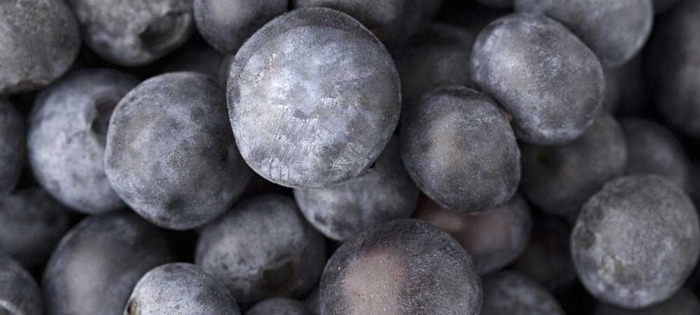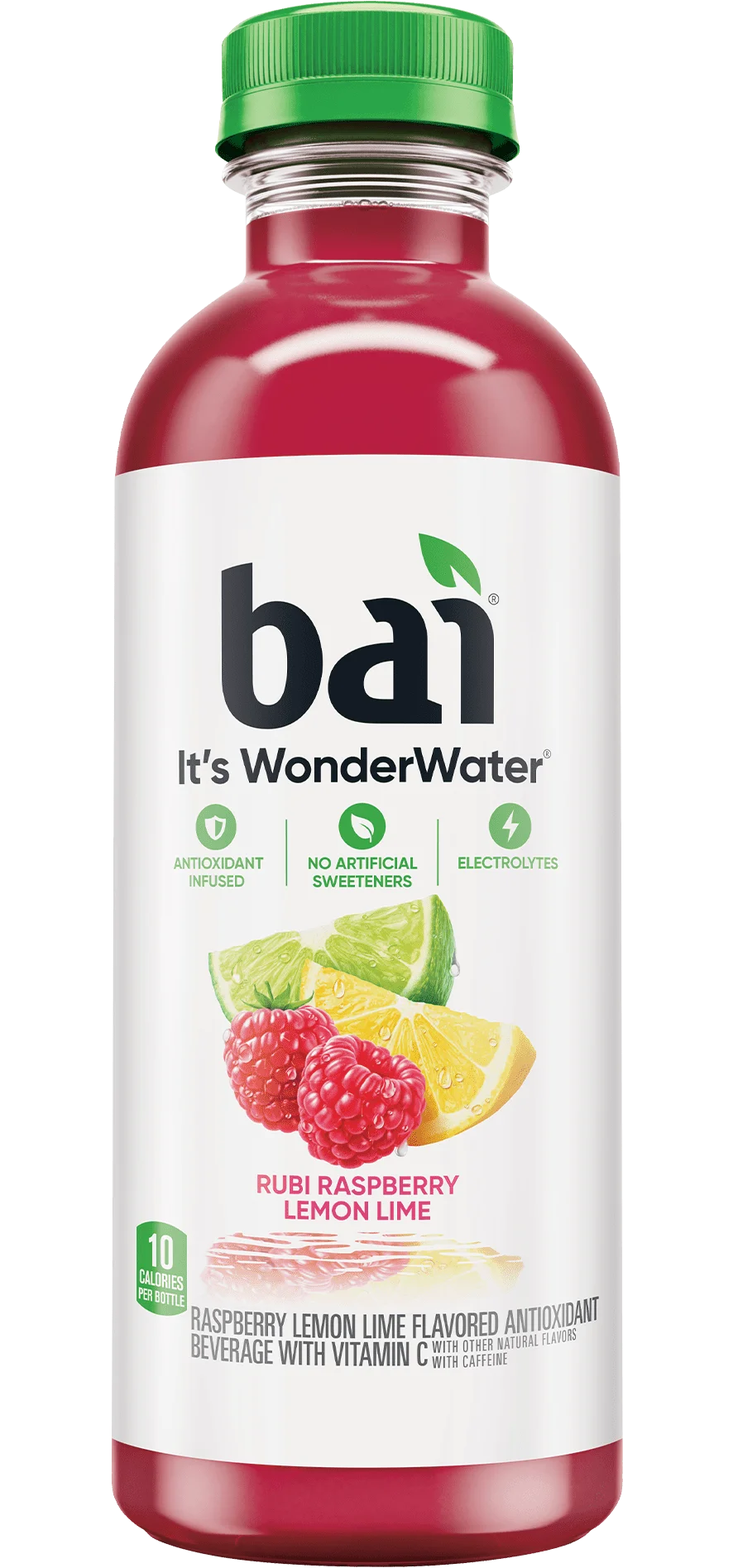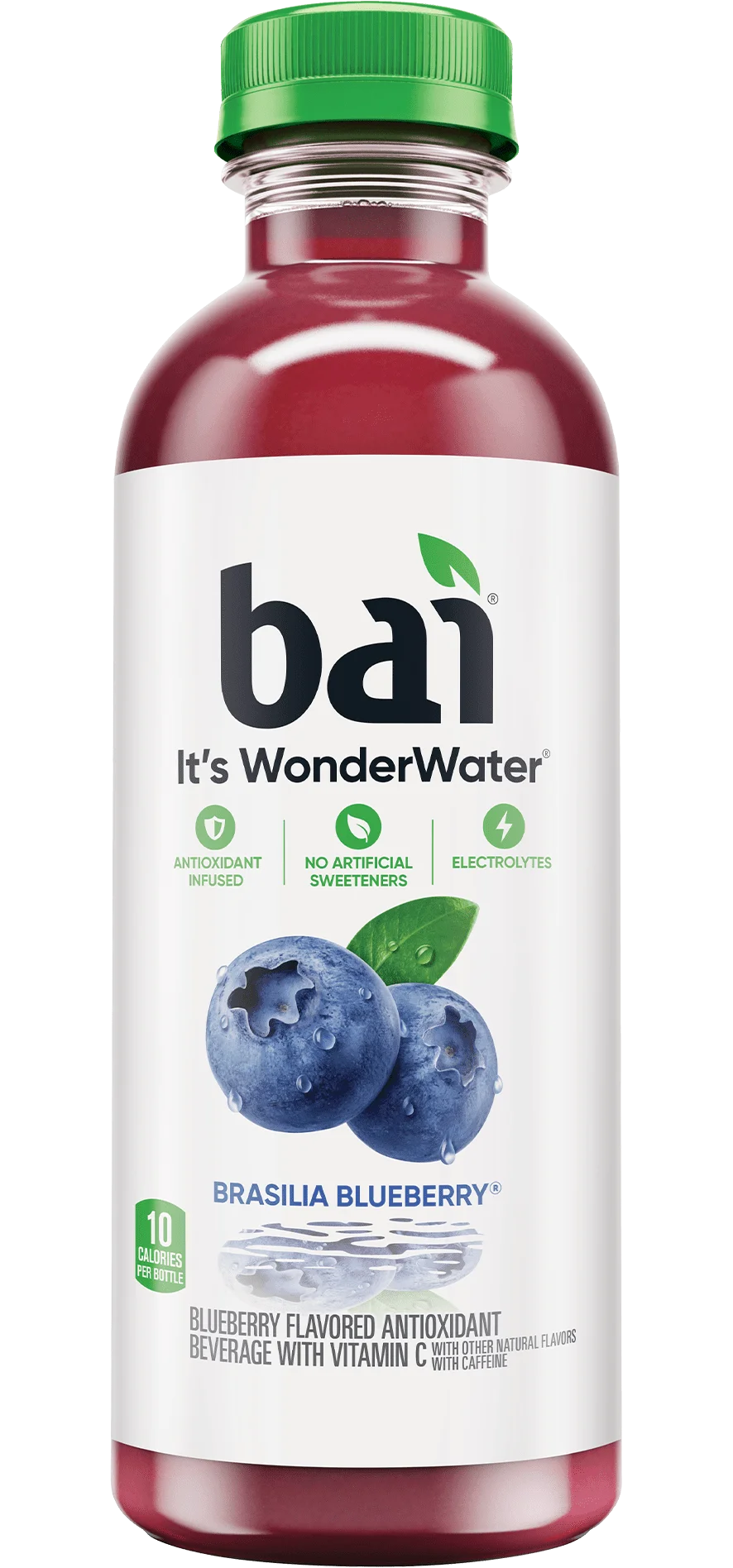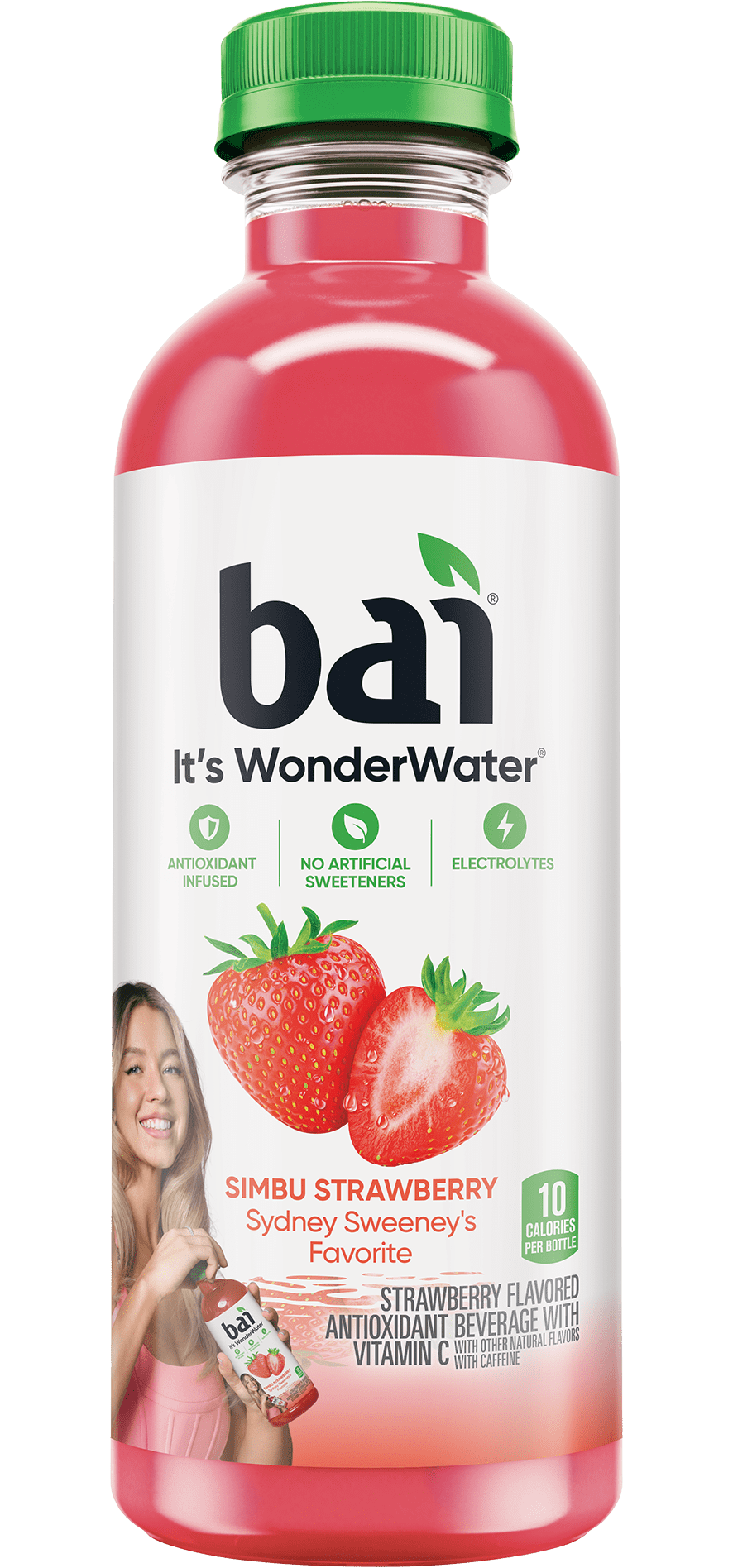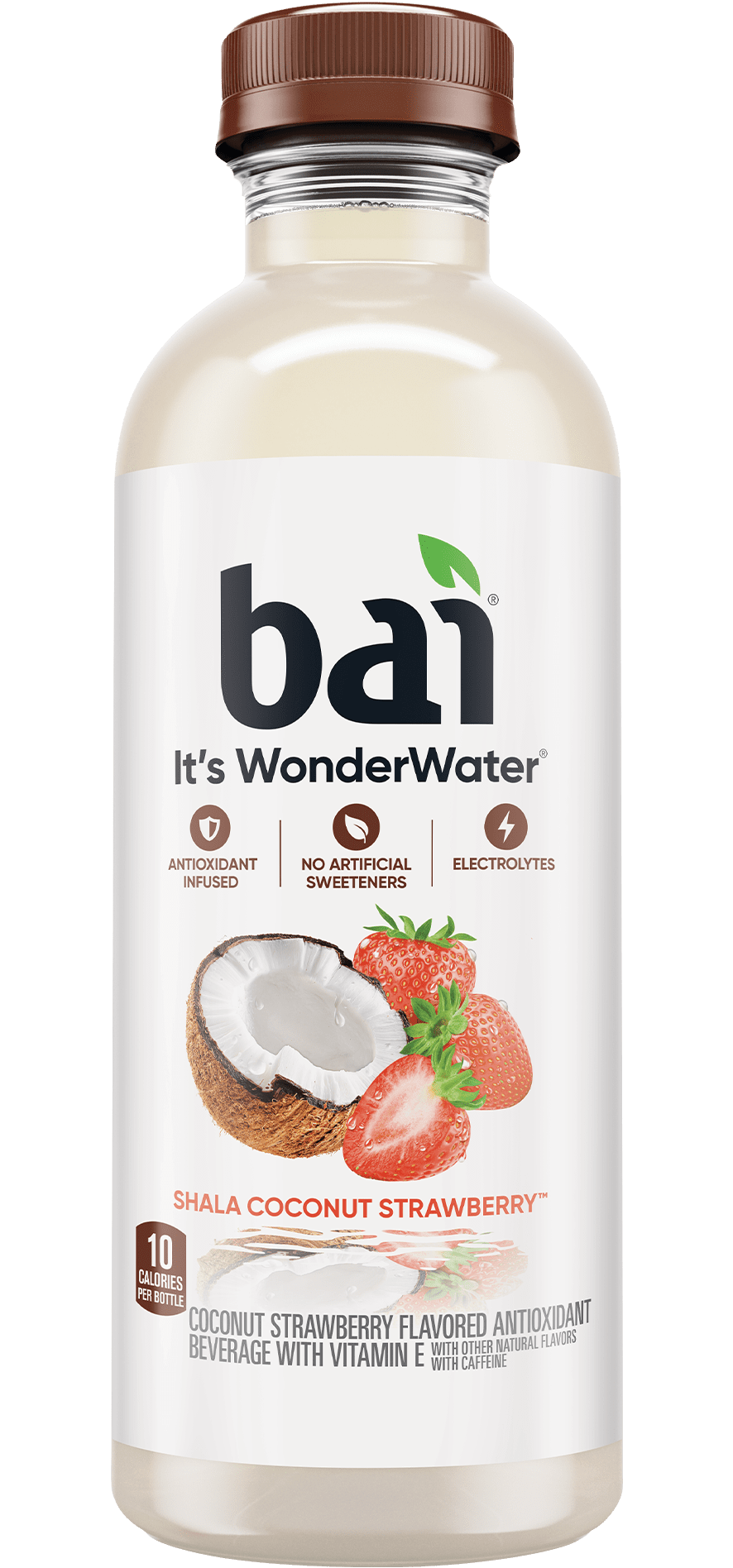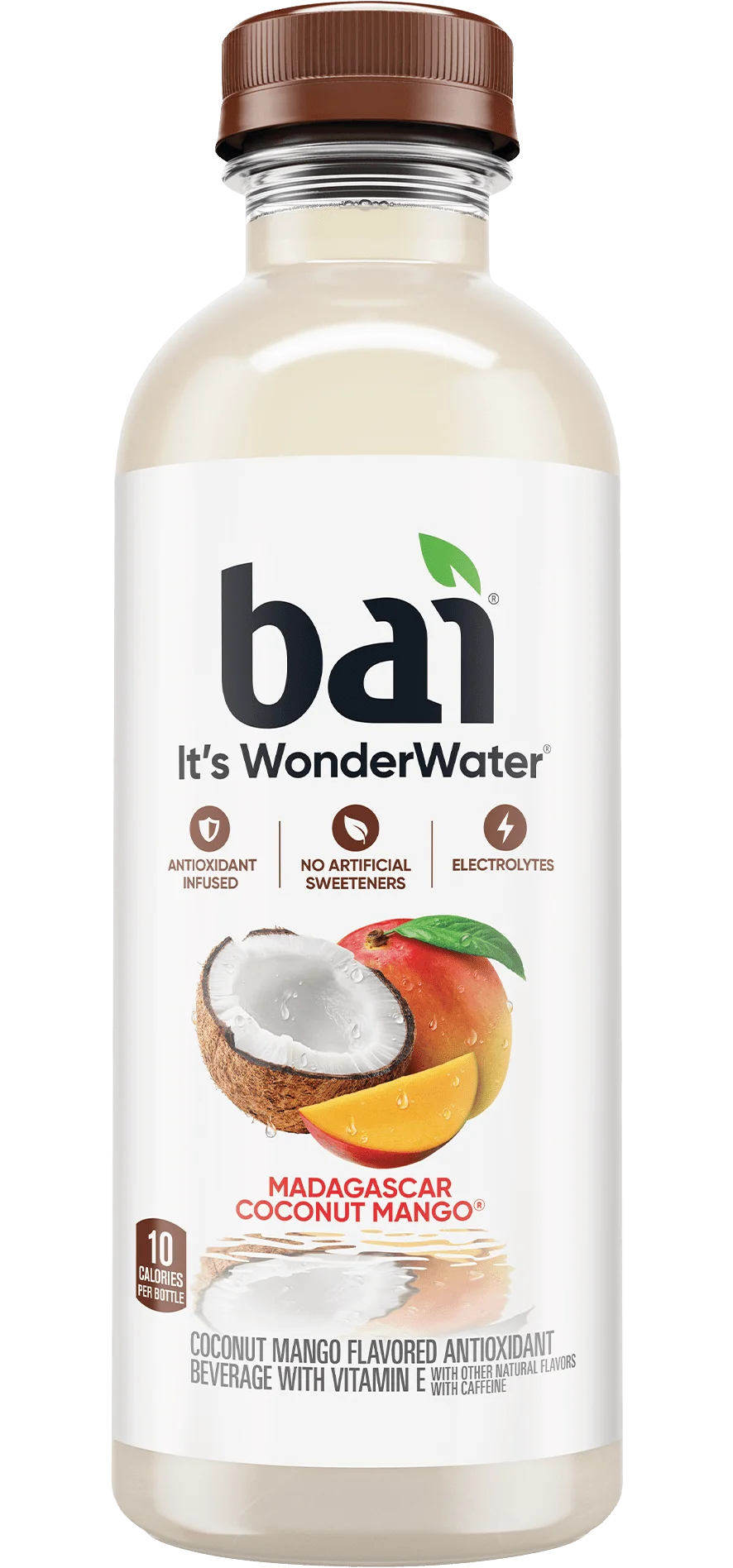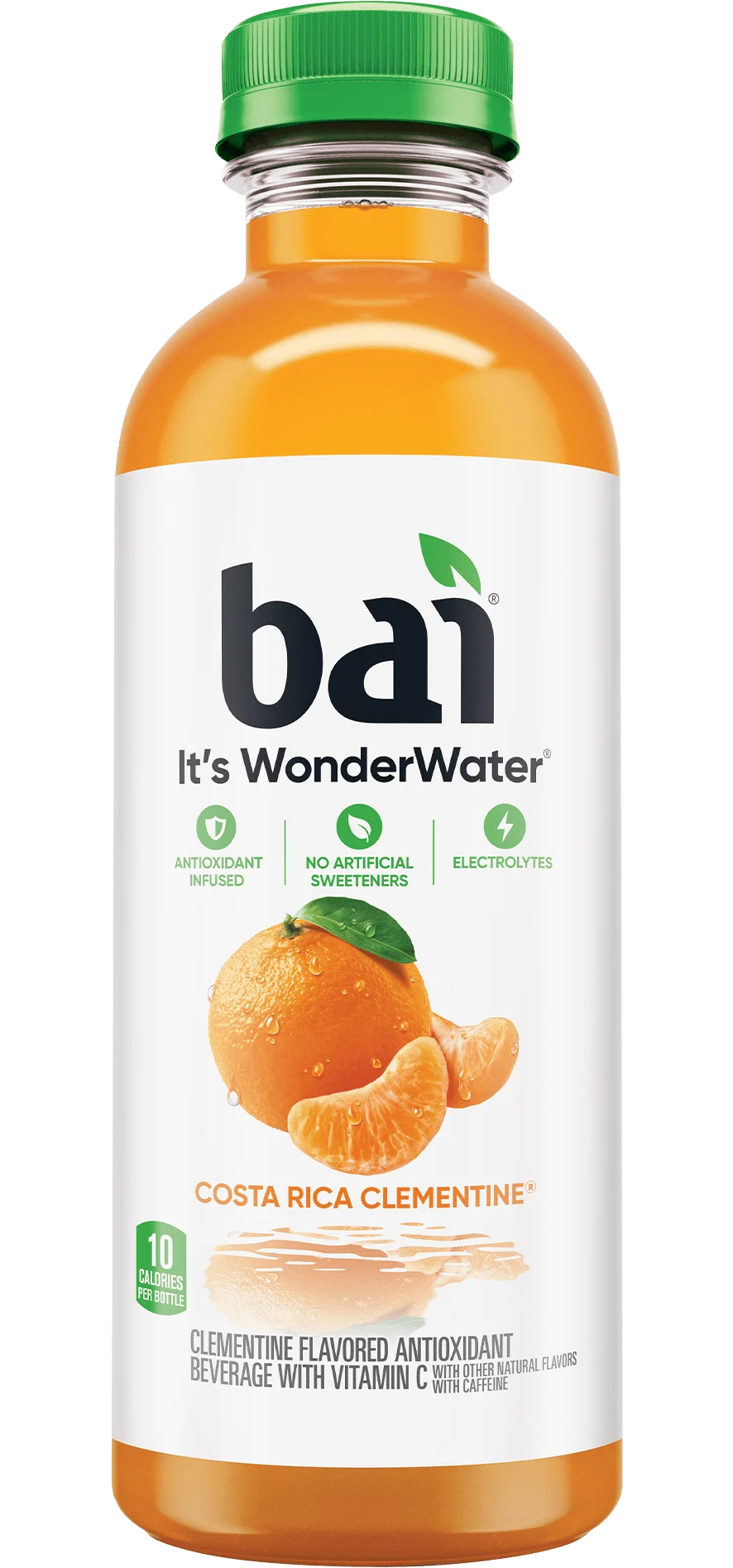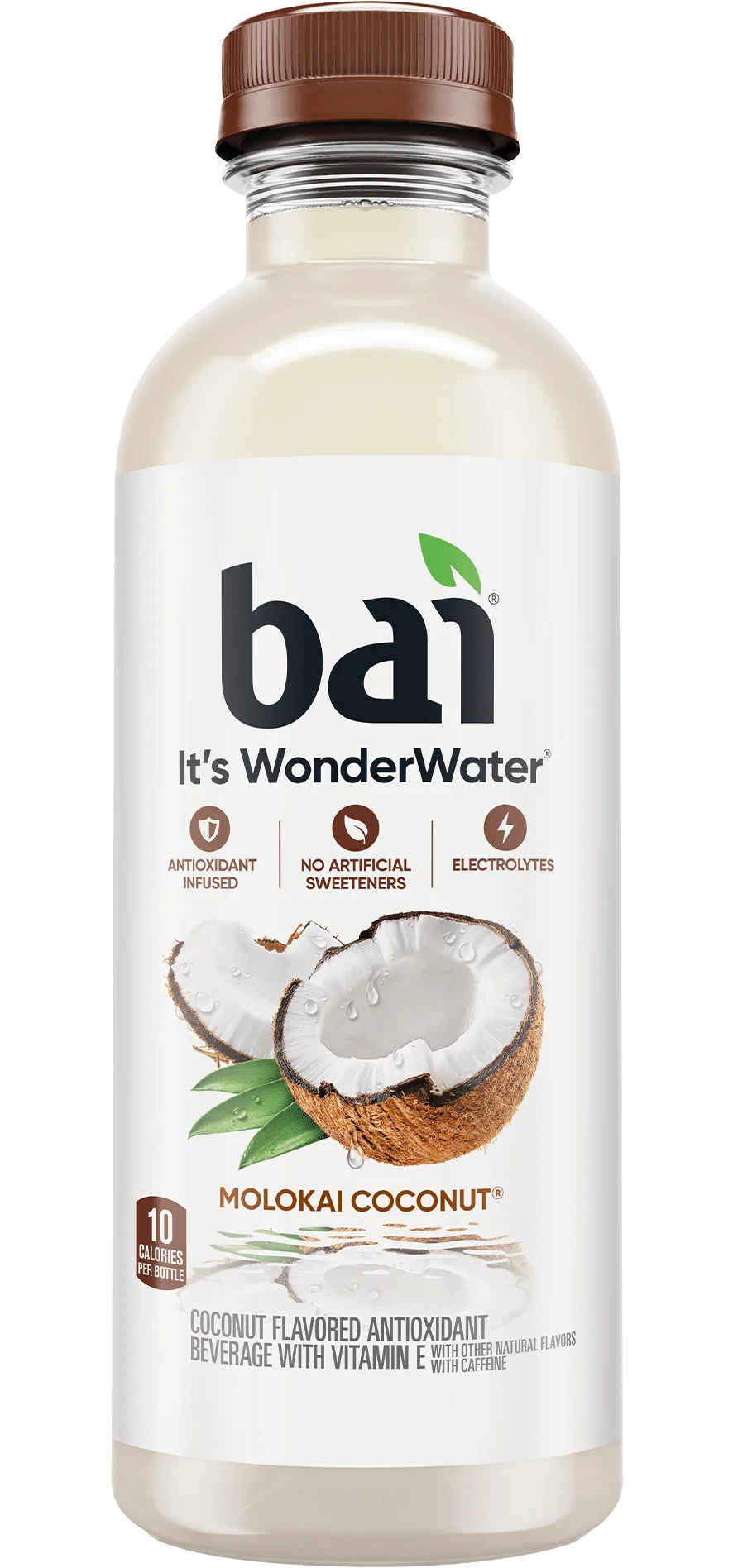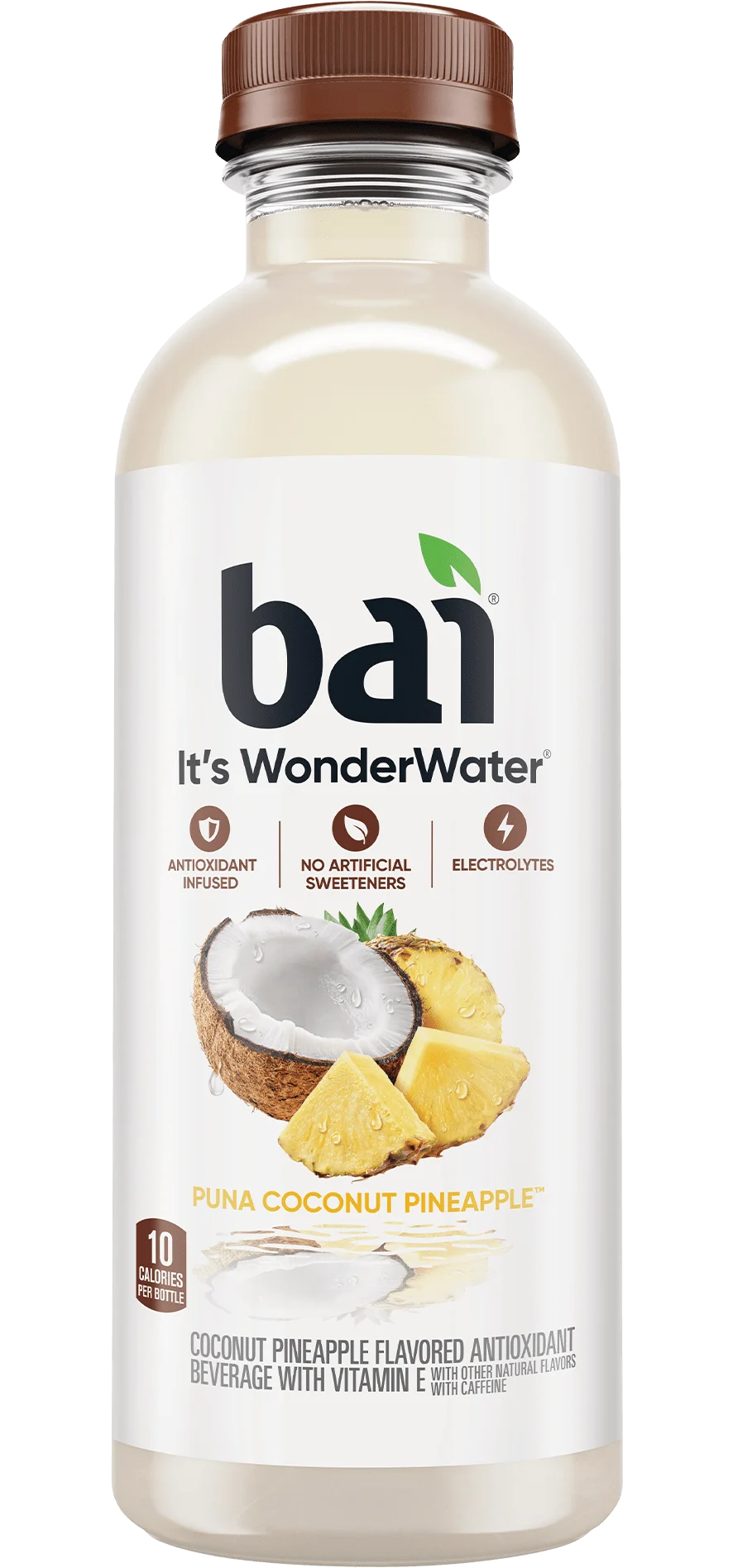Blueberries are one of nature’s many gifts. When eaten in season – typically the summer months – these berries are juicy and exploding with flavor. Pure blueberry juice contains many of the same nutritional qualities found in raw blueberries, but some store bought blueberry juices are blended with other fruit juices, slightly altering the nutrient profile. Look for a juice made with 100% blueberries or make your own at home for a more pure blueberry juice.
Raw Blueberry Nutrition
One cup of blueberries contains just 84 calories, less than 1 gram of fat and roughly 3.5 grams of fiber. For just 21 grams of carbohydrates per one cup serving, blueberries are a healthy snack for diabetics and for those looking to control their blood sugars. Blueberries are also an excellent source of vitamin C, vitamin K, manganese and antioxidants.
Vitamin C
One serving of blueberries or a 6-oz glass of pure blueberry juice is high in vitamin C and provides 24% of the daily value. An essential nutrient for overall health, vitamin C is necessary for the growth and repair of your body’s tissues such as tendons, ligaments and blood vessels. It helps heal wounds and maintains bone and teeth health. It also serves as a disease fighting antioxidant. Vitamin C is heat sensitive, meaning that high levels of heat can destroy the vitamin. If a blueberry juice has been pasteurized, it will most likely have a significantly reduced amount of vitamin C. Try making your own by lightly steaming the berries first; the process of steaming creates much less of a heat impact than does boiling. Next, mash the berries in some water and strain out the pulp.
Vitamin K
Blueberry juice is also high in vitamin K, providing 36% of the daily value per serving. Vitamin K is essential for allowing the body to form blood clots to prevent excessive bleeding upon injury. It is heavily involved in the maintenance of bone health by increasing bone density and preventing bone breaks and fractures.
Manganese
Manganese is necessary for the body to build and maintain bone and connective tissue and to help regulate sex hormones. It also fuels the enzymes needed to efficiently metabolize fats and carbohydrates for energy, and plays an important role in regulating blood sugars. One serving of blueberries provides a whopping 25% of the daily value of manganese.
Antioxidants
Blueberry juice contains with antioxidants, molecules that help destroy free radicals from causing damage to body cells that could otherwise contribute to the development of a number of health conditions including heart disease and cancer. Manganese is an essential component to the antioxidant enzyme superoxide dismutase (SOD) which helps fight free radicals. Vitamin C itself also serves as an antioxidant. But the most abundant antioxidant found in blueberry juice is anthocyanin, the phytochemicals responsible for producing the blueberry’s deep blue-violet color. In addition to potential cancer-prevention properties, research suggests that anthocyanin found in blueberry juice also provides protection against dementia-related diseases and promote urinary tract, heart and vision health.

